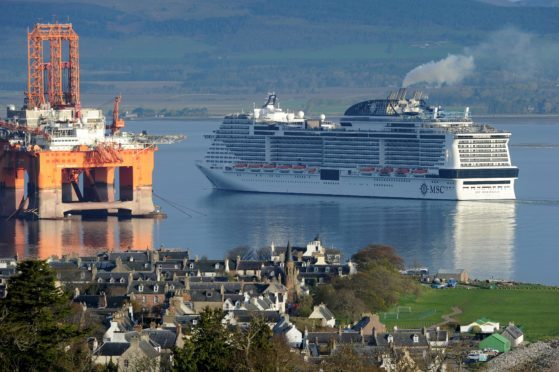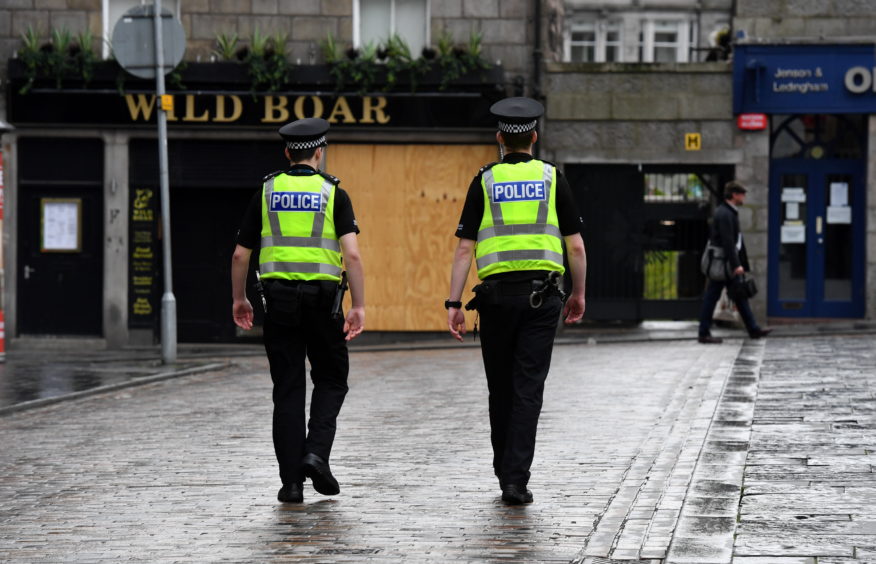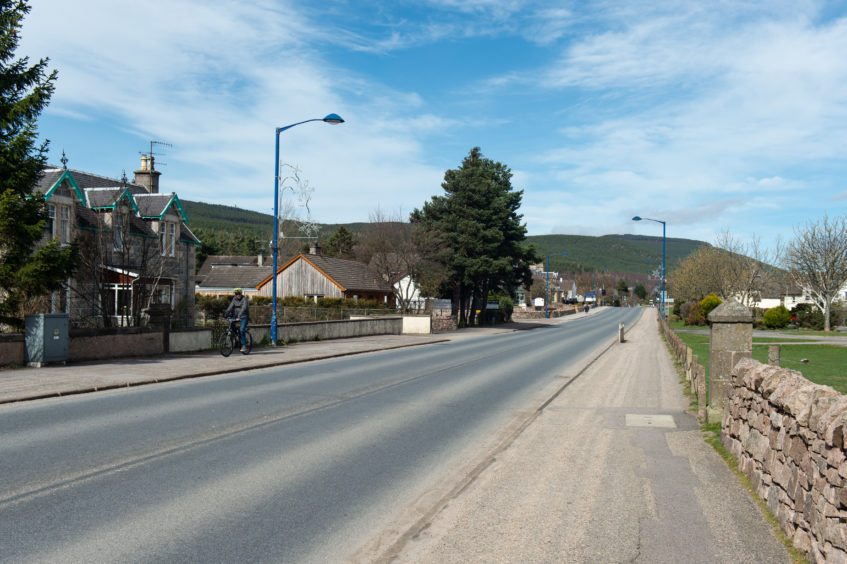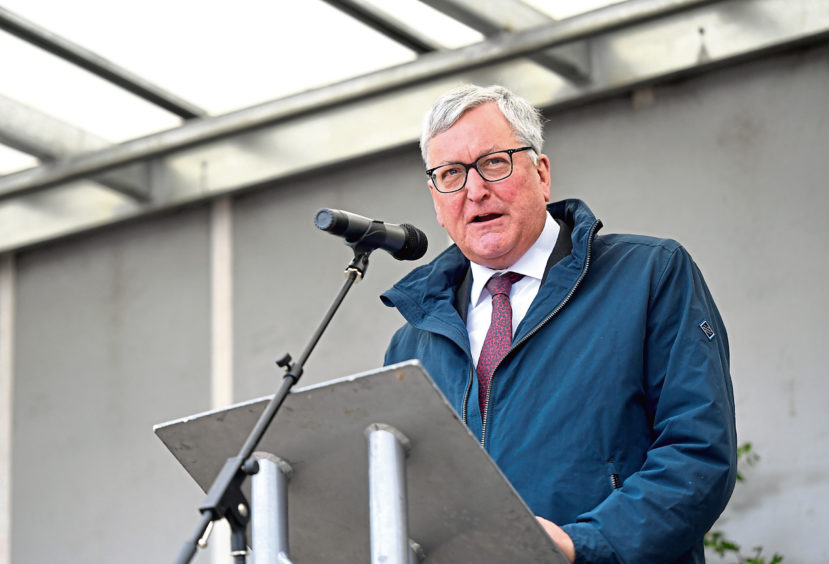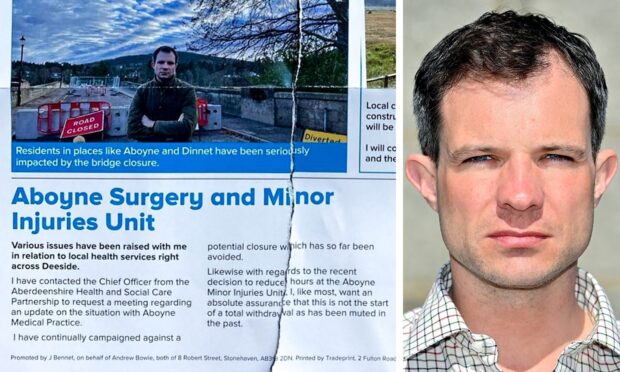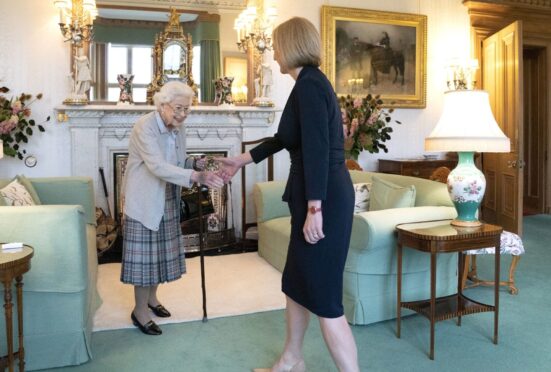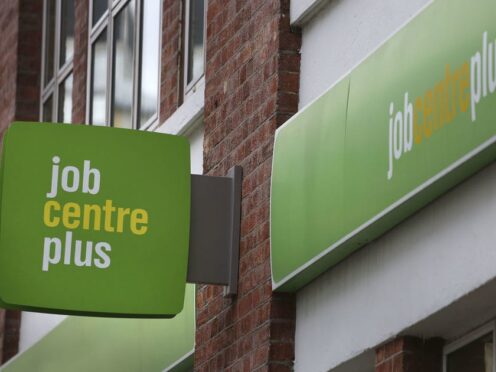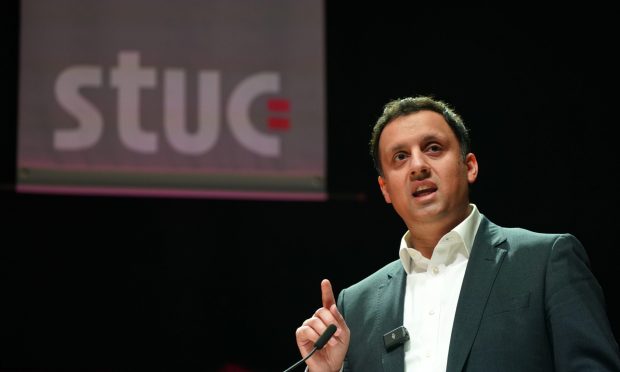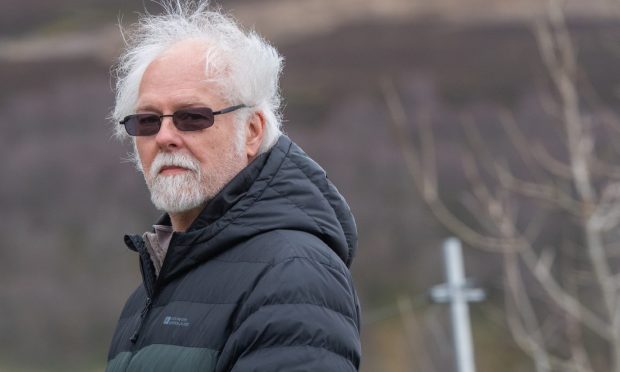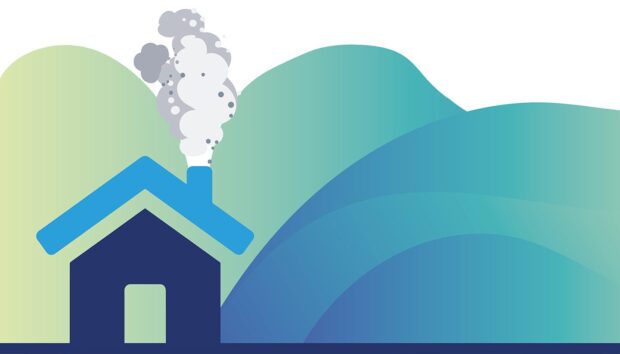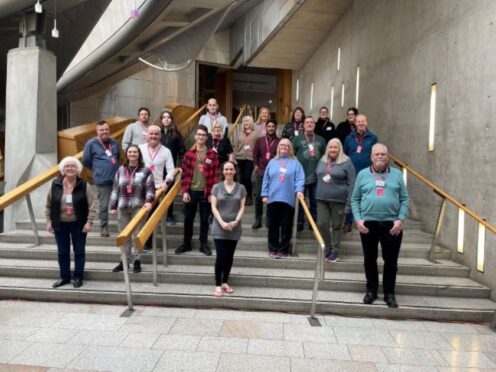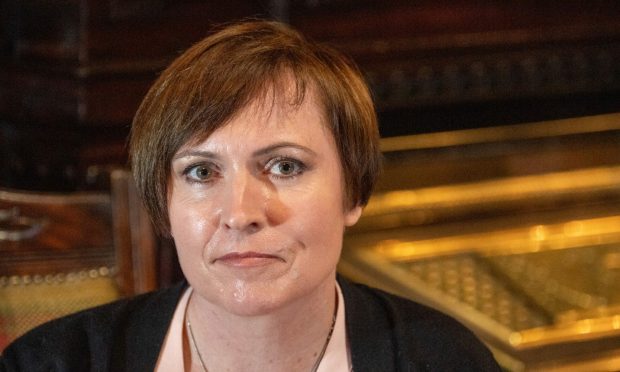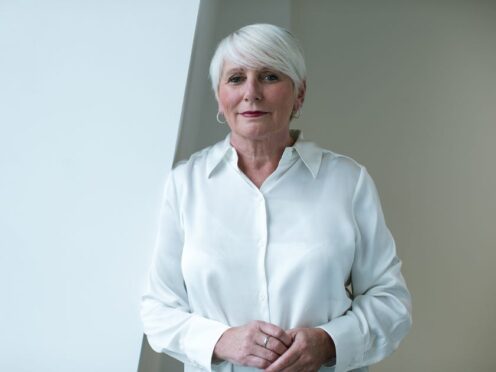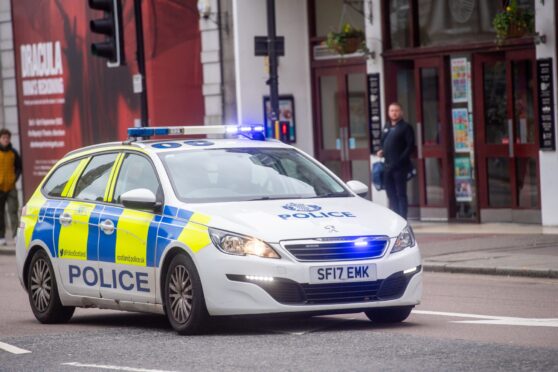Experts fear the local economies of the north and north-east will be among the hardest hit in Britain by the coronavirus pandemic.
MSPs were told to prepare for a “big regional impact” in the Highlands and islands due to the shutdown of the vital tourism sector, and in the Aberdeen area because of the fresh crisis facing the North Sea oil and gas industry.
The importance of the two lynchpins to the overall Scottish economy could also mean that Scotland faces a longer recovery than the rest of the UK, members of Holyrood’s finance committee were warned.
The fears were raised as Tourism Secretary Fergus Ewing urged the UK Government to change its support scheme or risk the unnecessary loss of “the most valued hotels in just about every major rural town in Scotland and Britain”.
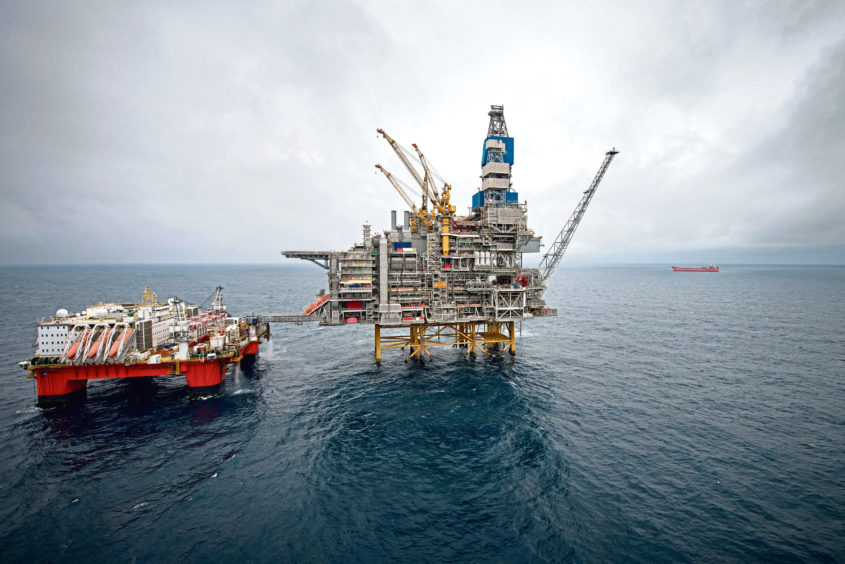
Tourism is worth £5 billion to Scotland each year and accounts for about 15% of jobs in Argyll and Bute, and 12.8% in the Highland region.
North Sea oil and gas, meanwhile, is worth more than £11 billion to the Scottish economy, and supports about 110,000 jobs, many of which are in the north-east.
The coronavirus crisis has plunged both industries into uncertainty in recent weeks, amid ongoing restrictions on travel and plummeting global oil prices.
The Scottish Fiscal Commission (SFC) warned in a report last month that the impact on these two sectors could lead to specific economic shock in Scotland that is more severe than the rest of the UK.
Mairi Spowage, deputy director of Strathclyde University’s Fraser of Allander Institute, echoed the warning as she gave evidence by video link to Holyrood’s finance committee, and highlighted the consequences for the north and north-east of Scotland.
“It is whether the particular sectors that are impacted are more prevalent in Scotland,” she said when asked whether the economic damage in Scotland could be greater than the rest of the UK.
“There are a couple of key examples of that, I suppose – the oil and gas sector, which is being severely impacted.
“We’ve already seen announcements of very many job losses there, potentially.
“After it was recovering from the oil price shock of 2015/16 and getting back on its feet, there is further crisis for the sector.
“This will have a significant impact on the economy of the north-east, and we saw the impact that had in 2016 on the Scottish economy, as opposed to the UK as a whole.”
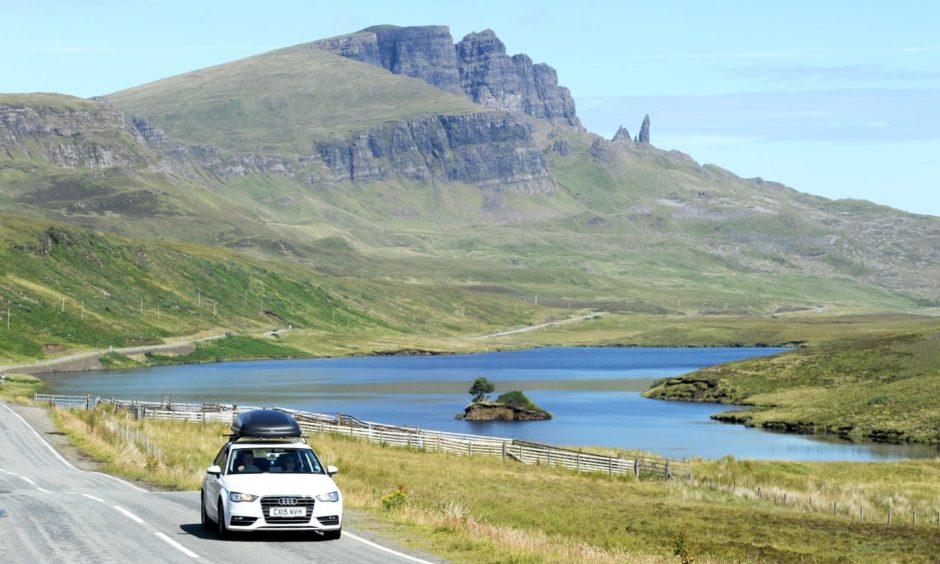
As well as the north-east, Ms Spowage highlighted the Highlands and islands as another area facing turbulent times.
“The other is the impact on the hospitality and tourism industry, which are more prominent in Scotland than they are for the UK as a whole, so there is likely to be more impact there,” she said.
“But more importantly, I think, these are industries which are just so key for particular parts of Scotland, so there is likely to be quite a big regional impact, particularly in the Highlands and islands, and these sorts of areas, which rely heavily on tourism and hospitality spending.”
Ms Spowage also said she believed the tourism and hospitality sectors would be “particularly vulnerable” if a second wave of the disease caused another lockdown later in the year.
“We’ve been speaking to lots of people across the country, lots of different tourism businesses, and they are describing essentially that they have had a winter, they will have another one over the summer and then they will be into the next winter,” she said.
“How many of these businesses will be able to survive until next spring, when things might pick up again? That is kind of the worry, I suppose.”
SFC chief executive John Ireland, meanwhile, told the committee that North Sea redundancies was likely to hit Scottish Government income tax receipts.
“The industry is predicting quite significant job losses and we know those jobs are typically quite high-paid jobs, and the income tax revenue from those jobs would be quite large,” he said.
“The fact that the oil and gas sector is much more important in Scotland is a real issue there.”
Meanwhile, Mr Ewing was giving evidence to the Scottish Parliament’s tourism committee, where he admitted the impact of the virus on the sector “has simply been devastating” and would necessitate a “long period of recovery”.
The SNP MSP for Inverness and Nairn urged the UK Government to extend its tax relief support to hotels and other businesses that do not meet the current threshold of having a rateable value of less than £51,000.
“My ask is that they are willing to change here, and have a UK scheme, otherwise I do fear that we will see the loss of the most valued hotels in just about every major rural town in Scotland, and Britain, unnecessarily,” he said.
The rural economy and tourism secretary said the Scottish Government and businesses were working on recovery plans, and predicted that “staycations” would become “extremely popular”, so much so that the roads could become “jam-packed” when restrictions are eased.
